Getting rid of ground cover
Amanda Wilcox
3 years ago
Featured Answer
Sort by:Oldest
Comments (42)
gardengal48 (PNW Z8/9)
3 years agoChristopher CNC
3 years agoRelated Discussions
How to kill Ground Cover
Comments (1)Put a garbage bag over the desireable plants that you wish to keep and spray a foliar-active herbacide on the ground cover that you wish to get rid of. Roundup will probably work, check the label to make sure. Be sure to follow the label when mixing and applying any herbacide. Good Kuck....See MoreGround Ivy Problem In Lawn. When and how to get rid of them?
Comments (0)I have dandelions and ground ivy weeds on my lawn. I've been advised to use a broadleaf weed killer. Is there a certain time of year, such as the Fall, when it's best to use the weed killer? Is there something I can do now (currently it's March)? I also had a few questions about weed killers in general: 1- Will it destroy the weeds at the root? 2- Will it harm my grass? 3- Is it dangerous to pets? 4- Is digging up dandelions at the root the most effective way to rid them for good? Thanks in advanced! :)...See MoreIdeas for front yard bed
Comments (8)I would choose and place plants so that the main door isn’t hidden from sight when you are approaching the house so that it looks open and welcoming. That means unless there is a spot that doesn’t come between the approach and sight lines to the door, plants should stay below 3’. Chose spots for small trees that will be far enough to the side to not block the sight lines to the sidewalk and the front door. Also, in a cold area like Chicago, consider having some interest for fall, winter, and early spring such as evergreens (which can include broadleaf or coniferous shrubs or perennials), early or late flowering plants such as Hellebores or bulbs, or plants with interesting shape, color, bark, or branch structure when leafless. Otherwise, you have from early November until some time in April with a boring entry garden. Weeping Alaskan cedar are gorgeous trees, and your home is large enough to accommodate one, but that particular spot isn’t a good placement. They are good sized trees that can reach over 30’ tall and more than 10’ wide, so one would both visually block the door and loom over visitors. If you choose a Japanese maple, make sure that it is one of the smaller ones as some can get quite good-sized as well....See Moreground cover on slope - how to get rid of grass first?
Comments (7)My entire lot is slopes like this, and we have been in the process of trying to find a solution since we bought the house two years ago. I have had the most success with spraying the weeds/grass with round up and letting most of them die off, then covering the slope with a layer of cardboard, then mulch. Surprisingly, I haven't had too much trouble with sliding despite steep angles. Once everything is good and dead (after a time, the cardboard smother anything the roundup didn't kill and help keep new things from rooting), plant ground cover - you'll have to poke through the cardboard to plant, but that's not a big deal....See MoreAmanda Wilcox
3 years agoAmanda Wilcox
3 years agoChristopher CNC
3 years agoAmanda Wilcox
3 years agoAmanda Wilcox
3 years agoCA Kate z9
3 years agoChristopher CNC
3 years agolast modified: 3 years agoChristopher CNC
3 years agoAmanda Wilcox
3 years agoUser
3 years agoChristopher CNC
3 years agoAmanda Wilcox
3 years agogardengal48 (PNW Z8/9)
3 years agoUser
3 years agoAmanda Wilcox
3 years agoChristopher CNC
3 years agoAmanda Wilcox
3 years agogardengal48 (PNW Z8/9)
3 years agoTootsie
3 years agoAmanda Wilcox
3 years agonickel_kg
3 years agoAmanda Wilcox
3 years agoChristopher CNC
3 years agoAmanda Wilcox
3 years agoChristopher CNC
3 years agofloral_uk z.8/9 SW UK
3 years agokculbers
3 years agolast modified: 3 years agoGargamel
3 years agolast modified: 3 years agogardengal48 (PNW Z8/9)
3 years agoAmanda Wilcox
3 years agogardengal48 (PNW Z8/9)
3 years agoAmanda Wilcox
3 years agoChristopher CNC
3 years agoAmanda Wilcox
2 years agoChristopher CNC
2 years agoAmanda Wilcox
2 years agoDenise Macaione
2 years agoGeorge
2 years agoAmanda Wilcox
2 years ago
Related Stories
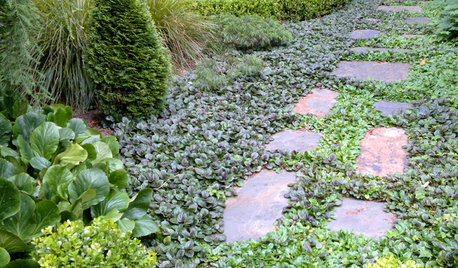
GROUND COVERSGround Force: 10 Top Ground Covers for Your Garden
Protect your soil from weeds and drought this summer with a living mulch of ground covers
Full Story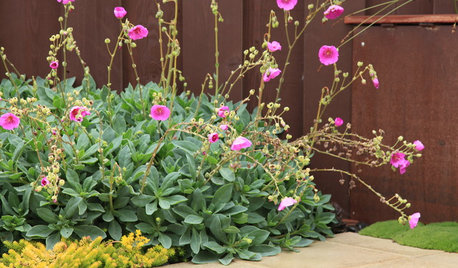
GROUND COVERS10 Succulents That Make Pretty, Easy-Care Ground Covers
These low-growing succulents create interest in the drought-tolerant garden
Full Story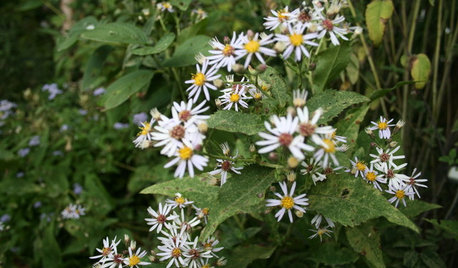
GARDENING GUIDES6 Native Ground Covers for Tough, Dry Spots
Sun beating down on your sandy gravel? Thick shade darkening your clay soil? There’s a ground cover here for you
Full Story
GARDENING GUIDESLow-Maintenance Ground Covers to Go With Your Pavers
These 8 plants will fill the spots between steppingstones, gaps in flagstone patios and other garden nooks and crannies
Full Story
EDIBLE GARDENSNatural Ways to Get Rid of Weeds in Your Garden
Use these techniques to help prevent the spread of weeds and to learn about your soil
Full Story
MOST POPULARHow to Get Rid of Those Pesky Summer Fruit Flies
Learn what fruit flies are, how to prevent them and how to get rid of them in your home
Full Story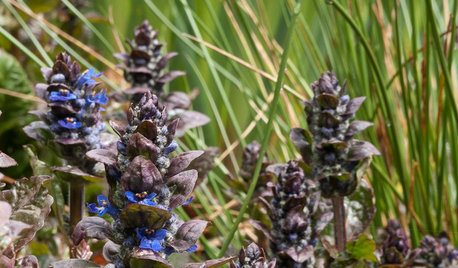
GARDENING GUIDESGreat Design Plant: Bugle Weed, a Quick Ground Cover
It’s highly adaptable, suppresses weeds, reduces erosion and provide weeks of bright flowers. Just watch for invasiveness
Full Story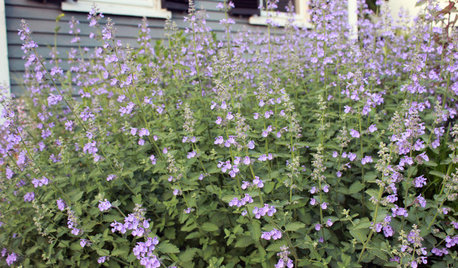
GARDENING GUIDES5 Weed-Smothering Ground Covers
Let these landscape plants do the dirty work of choking out weeds while you sit back and enjoy the view
Full Story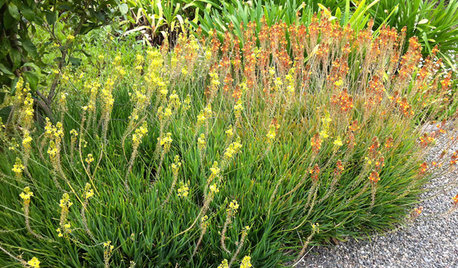
GARDENING GUIDES6 Dependable Ground Covers for Warm Climates
Swap some lawn for these drought-tolerant clumping plants — and watch your maintenance efforts diminish while they easily grow
Full Story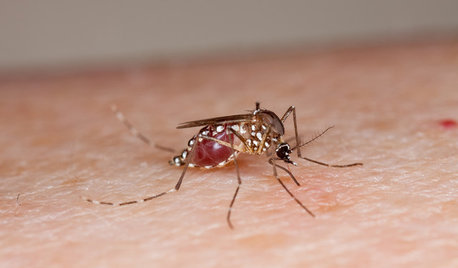
HEALTHY HOMEHow to Get Rid of Mosquitoes Indoors and Out
Follow these tips to keep your summer bite-free and healthy despite the uptick in mosquito-borne diseases
Full Story


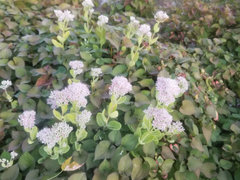


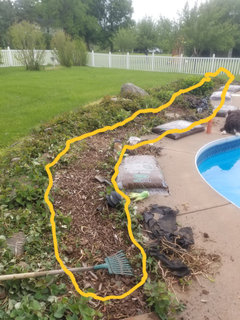
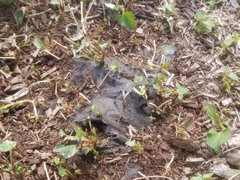


gardengal48 (PNW Z8/9)